Mark Palmer on his attempts at being an entrepreneur
Our columnist says his great business ideas for his family are falling on deaf ears.

Our columnist says his great business ideas for his family are falling on deaf ears.

Journalists tend not to be brilliant businesspeople. I’m forever reminded of this by my old Evening Standard colleague Victor, from when we both worked at the paper in the late 1980s.
He specialised in foreign affairs and when the Iron Curtain came down, he was dispatched to Budapest in Hungary to write a piece about the changing political landscape in that country.
At a certain point, he needed to photocopy something, but nowhere could he find a machine that worked. The reception desk at the hotel he was staying in pointed out that photocopying machines were hard to come by in Hungary.
Next day, he got chatting to an American businessman and told him about this apparent shortage. Then, some five or six years later, Victor returned to Hungary and happened to bump into the same American businessman, who thanked him profusely for his tip-off.
"Almost as soon as you mentioned it, I started exporting photocopy machines to Hungary and now we’re a million dollar company," he said.
Victor got a story about photocopy machines, while the American got a lucrative business from them and probably now resides next to Donald Trump in Florida.
I’ve told this story to my children many times, hoping they might develop an entrepreneurial spirit – but I have hardly set a good example.
In the early 1990s, I invested a small amount of money in a friend’s company, which was buying up the old Gilbert Scott red telephone boxes. My friend converted some of them into bars and changing rooms in the hope that rich Americans might want them standing near their swimming pools.
Then, out of the blue, an American banker bought one for his first floor apartment on New York’s Upper East Side. We were on our way to riches; this was the big breakthrough – except when the phone box was delivered (with the help of a small crane so it could go through the window) such was the weight that it crashed through the floor and landed in the flat below.
My friend was taken to court, his business folded overnight and he became bankrupt.
I’ve told my children this story, too – and perhaps that’s why whenever I’ve suggested we go into business together they always make their excuses and rush off in the opposite direction.
For example, Kyle, my son-in-law, is a techy man, which is why I approached him about my Sat-Nav proposal.
The idea was that when you put a chosen destination into the sat nav, it would give you the option of hearing some running commentary about the places you were about to pass through. I even thought we could get the likes of Stephen Fry to do the voice-over.
Kyle didn’t bite. Not even a tiny nibble.
More recently – and as someone who loves sport – I came up with a football quiz game, whereby to score a goal you have to answer correctly a series of questions. If you get an answer wrong, you lose possession and the other team takes over. The attacking team can choose how many ‘passes’ they want to make before scoring (or not scoring) and the questions are dreamed up by your opponents.
If, for example, you choose five passes, the questions will be relatively easy, but if you choose two, they will be far harder.
I imagined a group of lads (or ladettes, of course) sitting at a pub table and playing this enthralling game for hours.
But when I presented the idea to my son and Kyle, it was abundantly clear that they thought I should stick to the day job.
Our columnist Mark Palmer is a Fleet Street veteran. Currently, he works at the Daily Mail and Mail on Sunday. He still plays six-a-side football but not very well.
View author page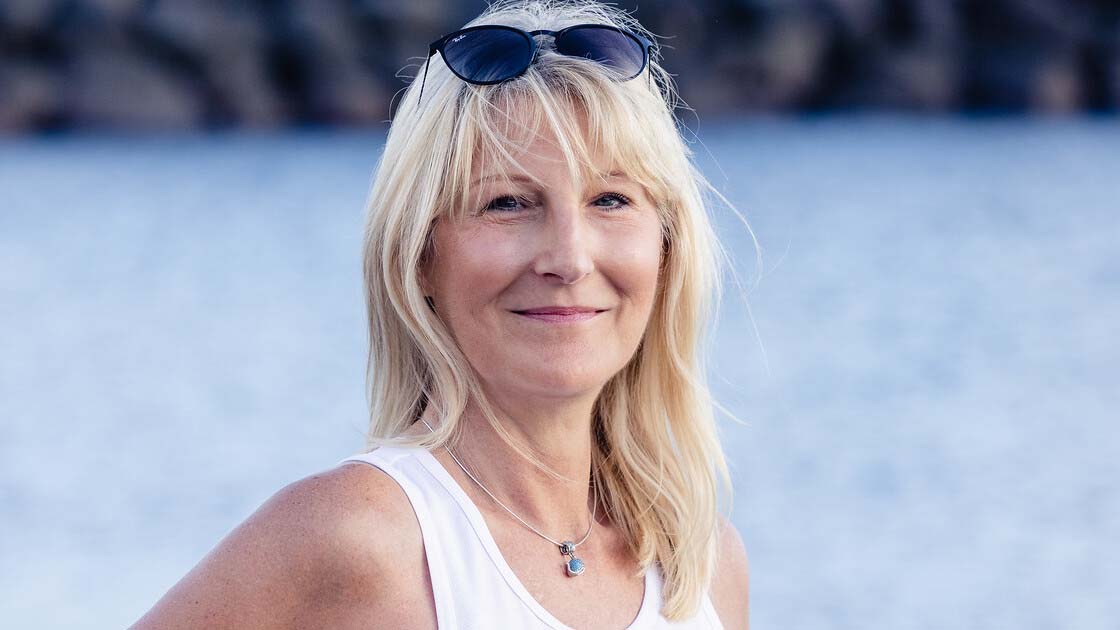
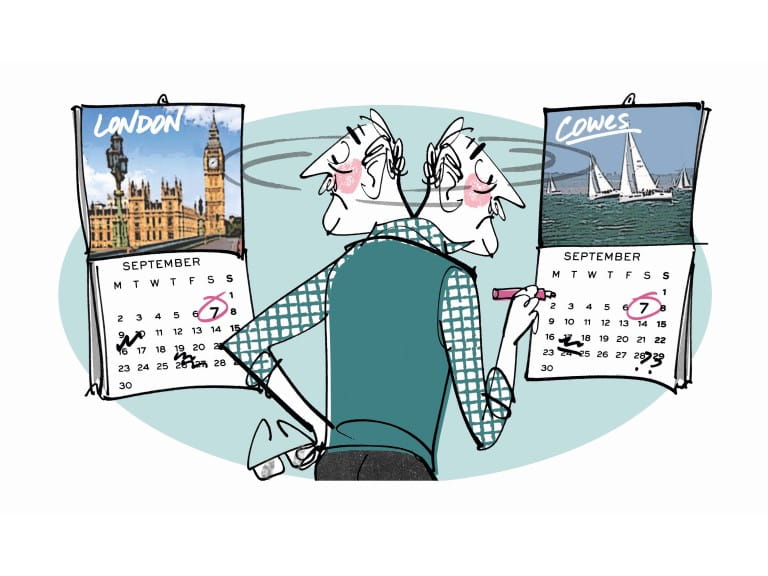

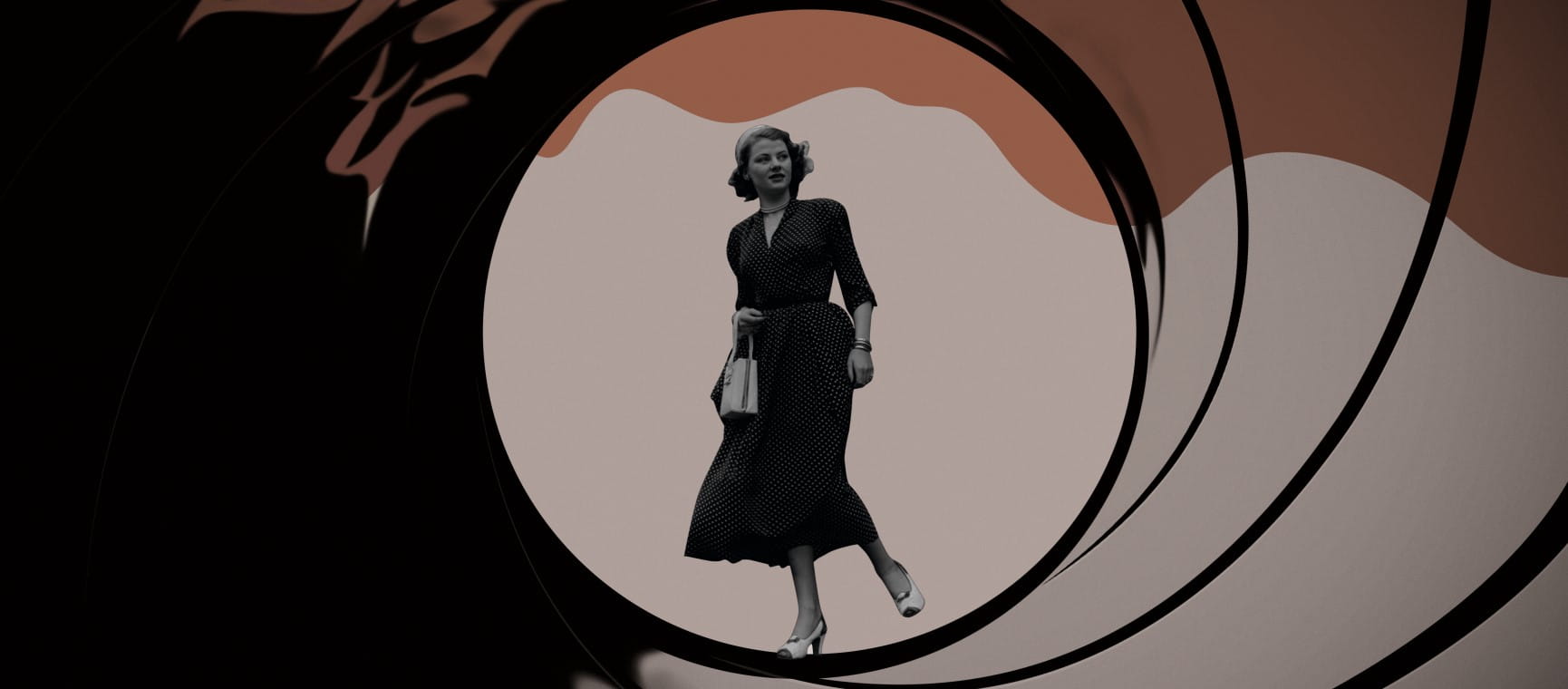
Women in the intelligence services did more than just take notes and chide flirtatious spies - many had real power and ran missions.
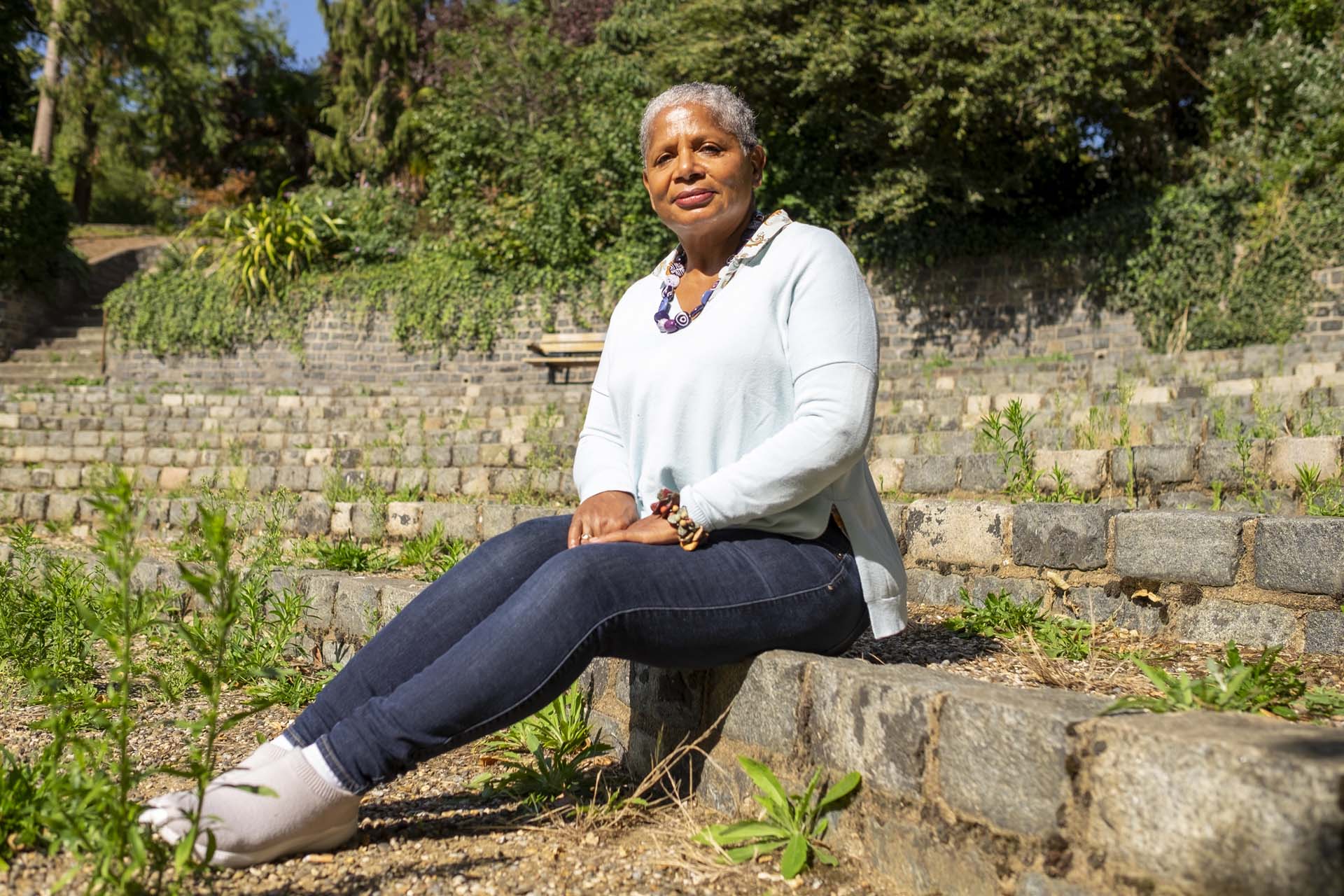

Anne Robinson on what to say when you read a friend's book and it's terrible.

Anne Robinson helps a man who thinks his life doesn't feel important after retirement, and asks how to find purpose again.

Dr Miriam Stoppard advises a widow on how to navigate modern dating etiquette and broaching the subject with her grown-up children.

Our columnist on the challenge of making a will and whether we should instead be spending our money on ourselves.
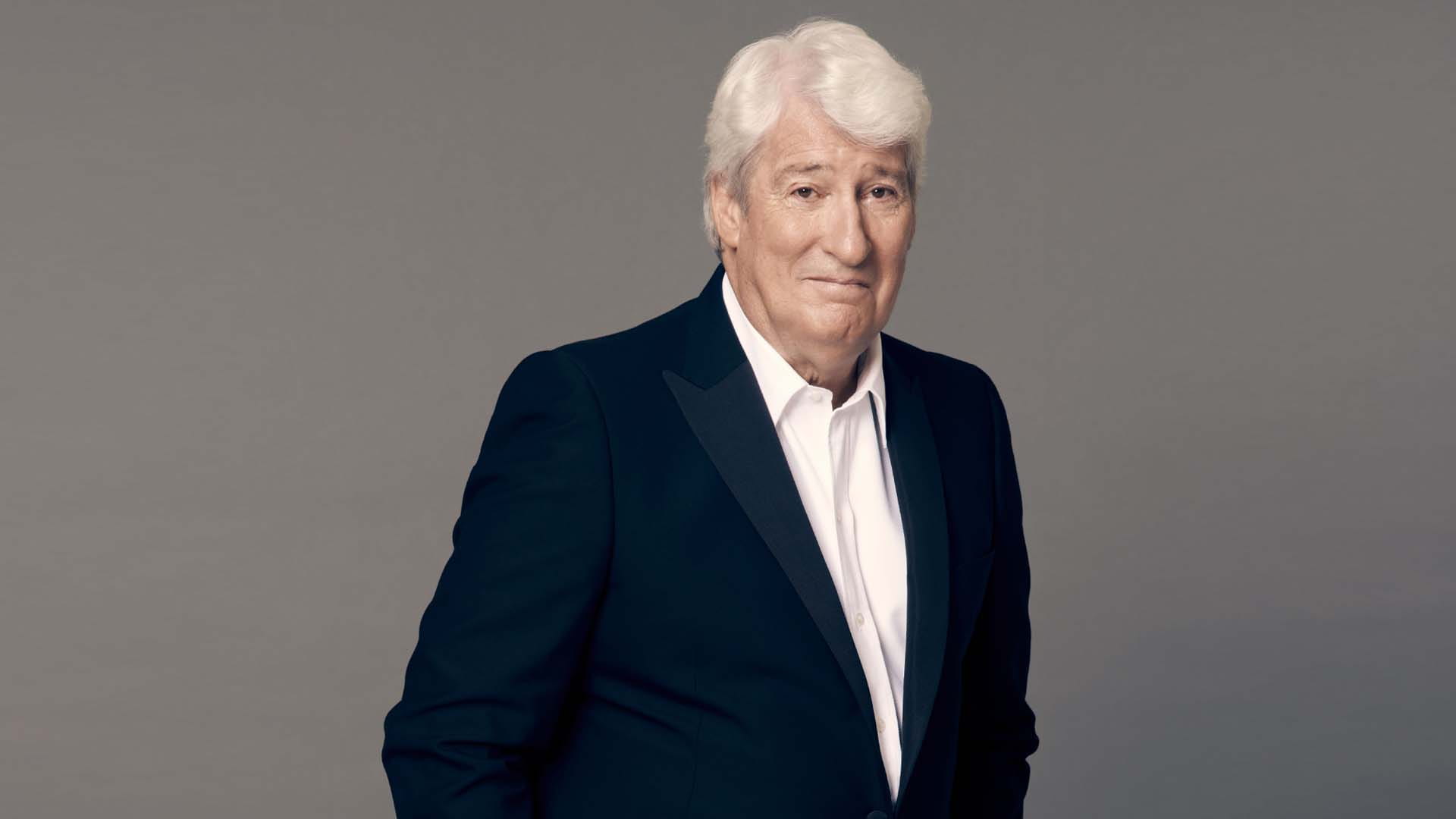

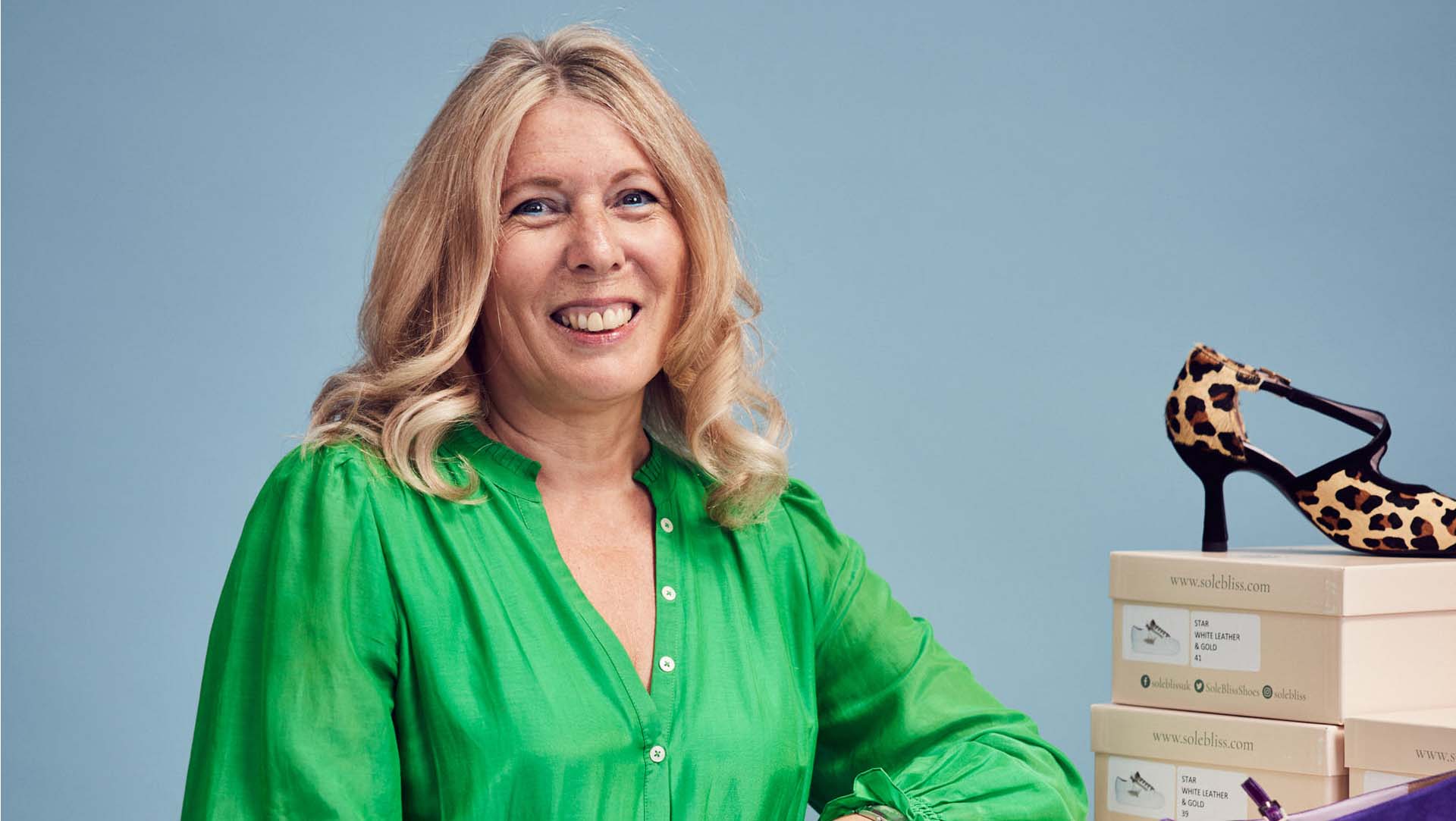

Self-publishing is becoming popular among older authors who want more creative control – and a bigger slice of the profits.
